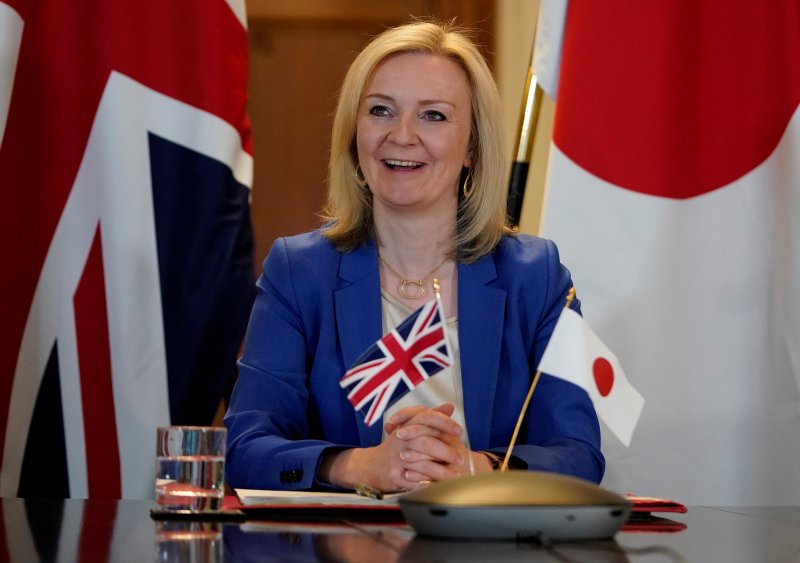Trade and Agriculture Commission put on statutory footing

The government has placed the Trade and Agriculture Commission on a full statutory footing, giving it a more active role through a new legislative underpinning.
The body was launched for a six-month period in July to bring together the industry and report back to inform trade policy and negotiations.
Since then it has heard from experts on farming, animal welfare, the environment and trade, and called for evidence from the industry.
Now, as Britain prepares to put into statute the trade deal struck with Japan, the government has decided to extend the Commission past its previous fixed term.
The National Farmers Union (NFU) said the announcement would be 'hugely welcomed' by Britain's farmers.
The Commission will be reviewed every three years, and will produce a report on the impact on farming of each free trade deal the government signs.
This report will be laid in parliament before the start of the 21-day scrutiny period under the terms of the Constitutional Reform and Governance Act.
According to Defra, the move would allow MPs access to independent and expert advice when reviewing the impact of each trade deal on farming.
The Commission will report to the Secretary of State for International Trade Liz Truss, and will look at policies the government should adopt to secure opportunities for farmers, to ensure standards are not undermined and to identify new export opportunities.
The Commission will publish an interim report shortly, and the full report will be published in February 2021 and presented to parliament.
Ms Truss said she 'would never sign up to anything' that threatened British farmers' ability to compete or undermine their high standards.
"Our trade policy is deeply rooted in British values – democracy, the rule of law, human rights and a fierce commitment to high food and farming standards.
"Any deal that does not abide by those values or deliver for vital industries like agriculture will remain firmly on the shelf," she said.
NFU president Minette Batters added: "This demonstrates the government’s commitment to not only safeguarding our standards of production in future trade deals but demonstrates an ambition to be global leaders in animal welfare and environmental protection.
"We look forward to working with the Department for International Trade and Defra in our shared ambition to export high quality British food around the world."








